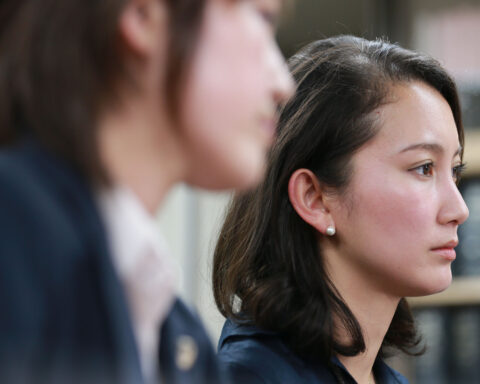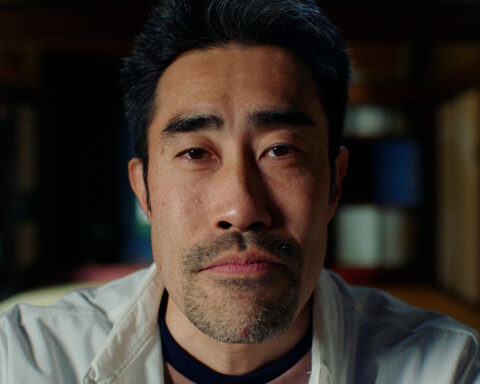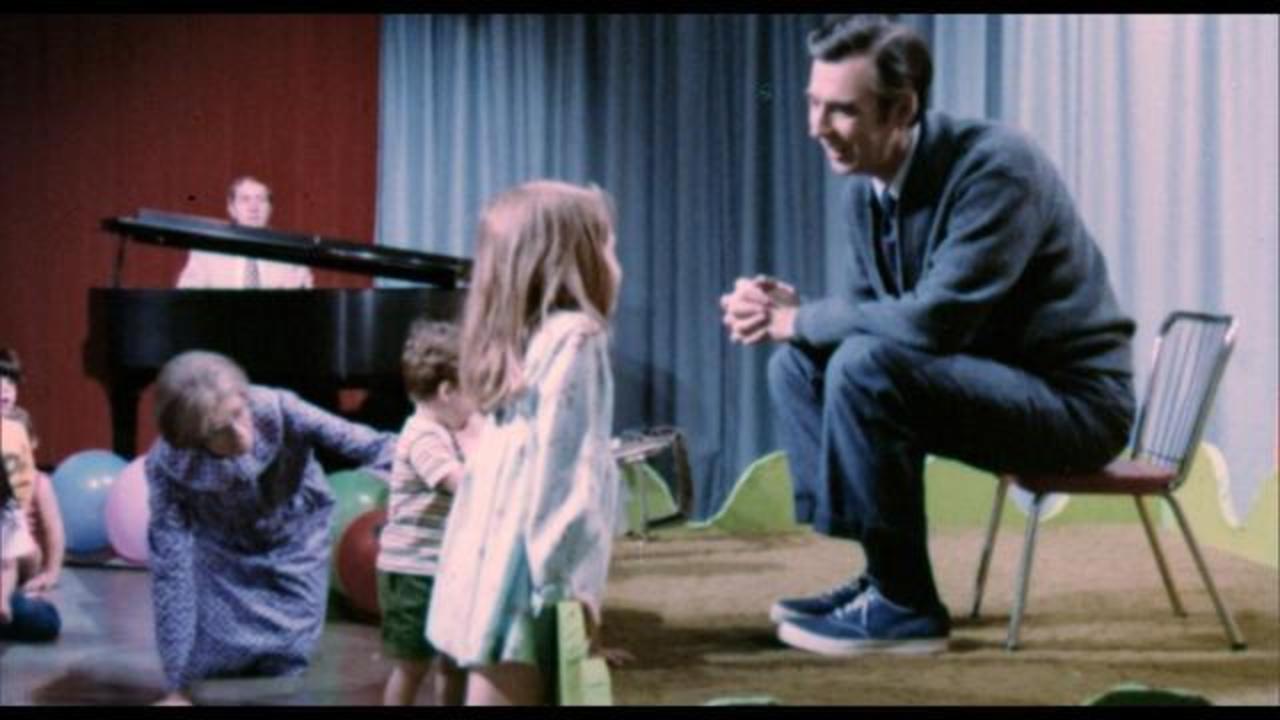Life is Fruity
(Japan, 90 min.)
Dir. Kensei Fushihara
Documentary filmmakers seem to be sniffing the flowers these days. On the heels of May’s theatrical release Five Seasons: The Gardens of Piet Oudolf comes the Canadian premiere of Life is Fruity at the Toronto Japanese Film Festival. The docs examine the lives and accomplishments of architects Piet Oudolf and Shuichi Tsubata respectively, with quaint slices of life portraits about avid gardeners.
Life is Fruity, like Five Seasons, inspires audiences to see land development for uses other than cultivating condominiums and drug stores. The films teach us that public space and green space go hand in hand. Both films are easygoing and safe docs that favour relaxed pacing and contemplation. Fans of last month’s release (and Hot Docs’ recent garden series) will want to catch Life is Fruity now that the flowers are in full bloom, assuming one’s attention span for garden documentaries hasn’t wilted.
Life is Fruity, which won the Kinema Jumpo Award for Best Film of the Year (Cultural Section), is a leisurely portrait about the pleasures of life outside the hustle-bustle of the concrete jungle. This Zen-like doc from Kensei Fushihara offers a relaxed look at Shuichi, who was 90 years old at the time of filming but passed away in 2015. Shuichi worked until his dying breath to make every day blossom with his wife Hideko. Shuichi might have been frail, but his mind remained quick as he endeavoured to share the beauty of nature with his neighbours. Even at 90, he could design a lodge and surrounding garden in two days, delivering a full plan of forestry and landscaping accompanied with notes of wisdom on the blueprints.
The bulk of the film observes Shuichi and Hideko in their home, which is a cottagey design of the architect’s creation. The house is eclectic with its wooden walls and ramshackle kitchen, but the lush garden that surrounds the home is a force of nature. Shuichi invited the cameras to tour the grounds and take in the variety of fruits, flowers, and trees that live harmoniously in his backyard. Playful placards lie scattered around the grounds to keep onlookers informed of the variety of plants, while little footnotes on each card illustrate the gardener’s sense of humour with comments about how pretty or flavourful the plants will be once they bloom.
Life is Fruity finds equal harmony in the marriage of Shuichi and Hideko. A few years his junior, Hideko is the livelier of the couple and tended to her husband with the same care he gave to the plants. Their relationship was sweet and affectionate, one of mutual respect and buoyed by their love for gardening and balance.
The doc gives ample attention to Shuichi’s past work, too, particularly in urban planning in the 1960s. Life is Fruity looks at Shuichi’s success with the Asagaya residence, known colloquially as “new town” in the film, where he championed the significance of green space as a main element of the development of a community’s livelihood and character. Shuichi recalls purchasing a square kilometre of land and using it to contrast the drab concrete slabs that were going up to create cheap housing—and offending anyone with a taste for good architecture or, quite frankly, eyesight. His vision compensated for his lack in formal training in urban planning. He proved that barren lands could be rejuvenated with trees and greenery. This philosophy echoes today as Life is Fruity spotlights the magic of Shuichi’s contemporary designs and the legacy he leaves behind.
Kensei’s film moves like an unhurried stroll through a garden. Few productions these days work at such a measured pace so Life is Fruity might prove tediously lethargic for audiences with a preference for the pace of urban life. On the other hand, viewers eager to escape the whiz-bang mania of Marvel movies and summer blockbusters might find comfort in the doc’s unfussy contemplation. The film’s use of a single piano refrain throughout the entirety of the soundtrack might polarize audiences in this regard too, since anyone impatient with the pace will undoubtedly be driven to near insanity by the repetition of the same tinkling number, while others might simply take it as a cue to nod along. There’s a wholesome charm to the film one can’t help but enjoy.
Life is Fruity screens at the Toronto Japanese Film Festival on Sat, June 9 at the Japanese Canadian Cultural Centre at 6 Garamond Court.
Trailer (embedding disabled)












